If we’re feeling all fine and dandy, is there still a need to spend on regular health screenings to check for any underlying conditions? With the wide range of screening tests, are the extensive (and often more expensive) ones really necessary? How frequent do we need to screen in order to keep ourselves in optimal health?
These were the questions that my husband and I were mulling over just last year, while I was pregnant with our second kid. In the end, we decided it’ll be worth going for a more comprehensive assessment once every 3 – 5 years, and basic screens annually to spot anything that might have changed in between.

Of course, what to screen for and how often to screen will ultimately boil down to a few considerations:
- Does your family have any history of chronic conditions or cancer?
- How you presently feel, or if you identified / suspect any risk symptoms
- Your budget
- Does your insurance (or company healthcare plan) provide any complimentary health screens or subsidized options?
My husband and I are committed to keeping ourselves in tip-top health so that we can take care of our young kids and ageing parents. We view keeping tabs on our health as our responsibility, so that we’re better placed to give our loved ones the best of us.
That means we watch what we eat and drink, make an effort to exercise (usually 3 to 5 times a week) and use supplements for any nutritional needs that aren’t being met from our diet (e.g. fibre, Vitamin C, or even the occasional bird nest treat).
Why go for regular health screening?
But of course, despite our best efforts, we are no magicians and still have to rely on regular health check-ups to spot any potential underlying concerns that might not otherwise be visible or clearly felt.
After all, it is only when we detect them early that we can get the best chance to recover sooner and faster.
Our reasoning is simple – if we’re already spending on vitamins and supplements to boost our immunity, why wouldn’t we pay for health screening, especially when it can help us identify something we may have otherwise missed?
Even if your results are all in the green, it can be reassuring as it’ll point out potential warning signs that you may want to work on before it escalates e.g. your cholesterol levels.
This was what my husband’s latest screening results showed – that he needed to watch his cholesterol levels. And as a result, I’ve had better success nagging him to eat less of his mala xiang guo ever since.

Can I put it off until I’m older?
Of course; you’re the one who’s ultimately responsible for your own health and life.
It’s almost like the same line that divides those who exercise vs. those who don’t (or make excuses, until it becomes too late). When I was in school, I exercised only during the mandatory PE classes, but since becoming a mother, I’ve been proactive about exercising and I make effort to schedule a workout no matter how busy I am – because I understand the positive effects it has on my body.
If you still think that health screening is only necessary for older adults, think again. Most conditions have no symptoms while they’re still festering and can only be detected through detailed health tests. For instance, you wouldn’t know you have high cholesterol levels until you do a lipids test, or worse, suffer a heart attack or stroke – by then, wouldn’t it be too late?
As the older generation often quipped, maybe it’ll be better not to know. But I disagree – putting off any form of bad news only means you get it when it is a lot worse. By then, your options will become more limited vs. if you had identified it sooner.
And if you don’t believe me on why I feel preventive care is vital, then take it from our government – who has recently released their newest whitepaper “Healthier SG”, where the new strategy focuses heavily on preventive care and aims to have citizens take charge of their own healthcare.
What do I need to screen?
If you’re clueless, you can check out the national guidelines for a start, which recommends you to go for different types of screens based on your age.

However, age alone is not a good indicator of one’s health. Depending on our diet, lifestyle habits and genes, some of us may be more vulnerable to certain chronic conditions than others.
After all, national guidelines are typically based on national averages. There are folks below the age of 40 who have chronic conditions like diabetes, and recently, CNA even reported that about 10% of women with newly diagnosed breast cancer are below the age of 40, and that the number is growing in recent years. In time to come, and when the statistics become significant enough, I won’t be surprised if the national guidelines get revised.
When it comes to my health, my approach is simple – I take charge of my own health and decide what’s best, instead of relying on national guidelines alone as a core prescription. And that’s why my husband and I go for screenings based on our preferred frequency instead.
That way, we stand a better chance to identify and nip any diseases in the bud before they can even progress to a point where medicine may no longer be able to heal.
Are the extensive ones needed or are the basic ones good enough?
Honestly, this is not a medical blog and neither am I a licensed medical professional, so I will recommend that you check with your doctor or a GP for advice instead.
And at the very least, a basic screening is better than no screening at all.
But I can share my personal thoughts – if money is not an issue, then it could be beneficial to go for an extensive screen every few years. In our case, we are most concerned about the following conditions and are actively doing everything we can to prevent them:
- Obesity
- Diabetes
- High blood cholesterol
- Cervical cancer, breast cancer (female)
- Prostate cancer (males)
- Colon cancer
- Skin cancer (which is why we’re now using sunblock)
This stems partially from our family history – we have relatives who have been diagnosed with such conditions, including my own father who’s grappling with a terminal illness as we speak – so we may be more concerned than your average person.
How much do health screenings cost?
Today, various healthcare providers and clinics offer comprehensive screening tests for $200 or less, so it is definitely more accessible now than ever before.
But if you find that the cost of health screening is an issue, then you should either check whether your existing insurance policies have a complimentary health screening that you’ve forgotten to utilize…or if your company has any such benefit for its staff.
Or, you could claim a free health screening from AIA now – details at the end of the article.
Sponsored Message If you're an AIA member, even better! Check if you own any of the following policies, which entitles you to either complimentary or subsidized health screenings:
| AIA Beyond Critical Care | Up to $200 reimbursement for the cost of health screening, every 3 years |
| AIA Glow of Life | Free health check-up once every 2 years |
| AIA Platinum Health | Free health screening worth S$130 every 2 years |
And if all else fails? At the very least, there’s always the free (or highly subsidized, depending on your age and risk group) national basic health screenings which eligible citizens can unlock with your SingPass at any CHAS GP clinic anytime.
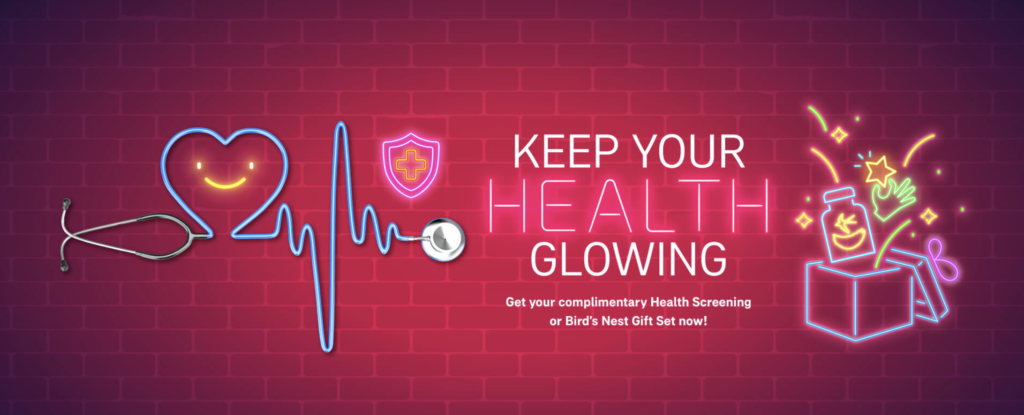
Sponsored Message AIA believes in taking care of your both your financial and physical health. That’s why they started AIA Vitality almost a decade ago, and now, they want to help you get to know your health better.
That’s why they’ve launched AIA Glow Health campaign, which is designed to help you stay on top of your health – choose from either a complimentary^ health screening or a Kinohimitsu Bird Nest set as AIA’s gift to you, when you sign up by 12 December 2022 here.
Disclosure: ^T&Cs apply. This message is brought to you in partnership with AIA Singapore.



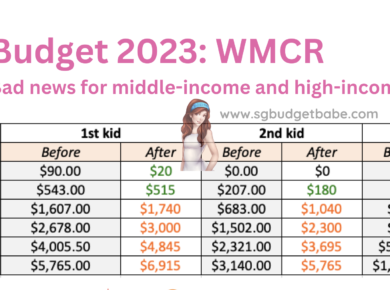
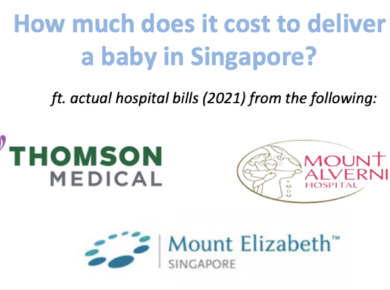
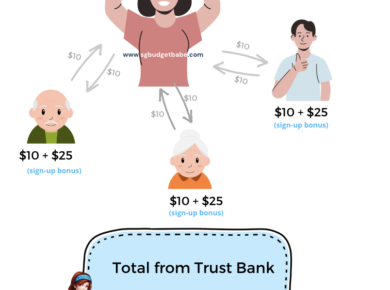
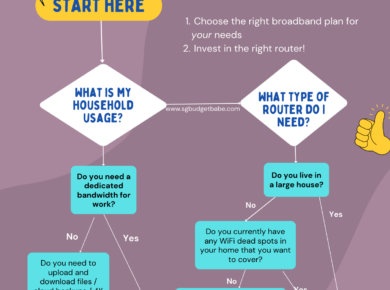
1 comment
Go to JB for medical screening to save costs.
Screen (eg. ultrasound) also for abdomen area where by time you feel pain, it is too late (e.g. liver cancer) as it will usually be stage 4.
Comments are closed.